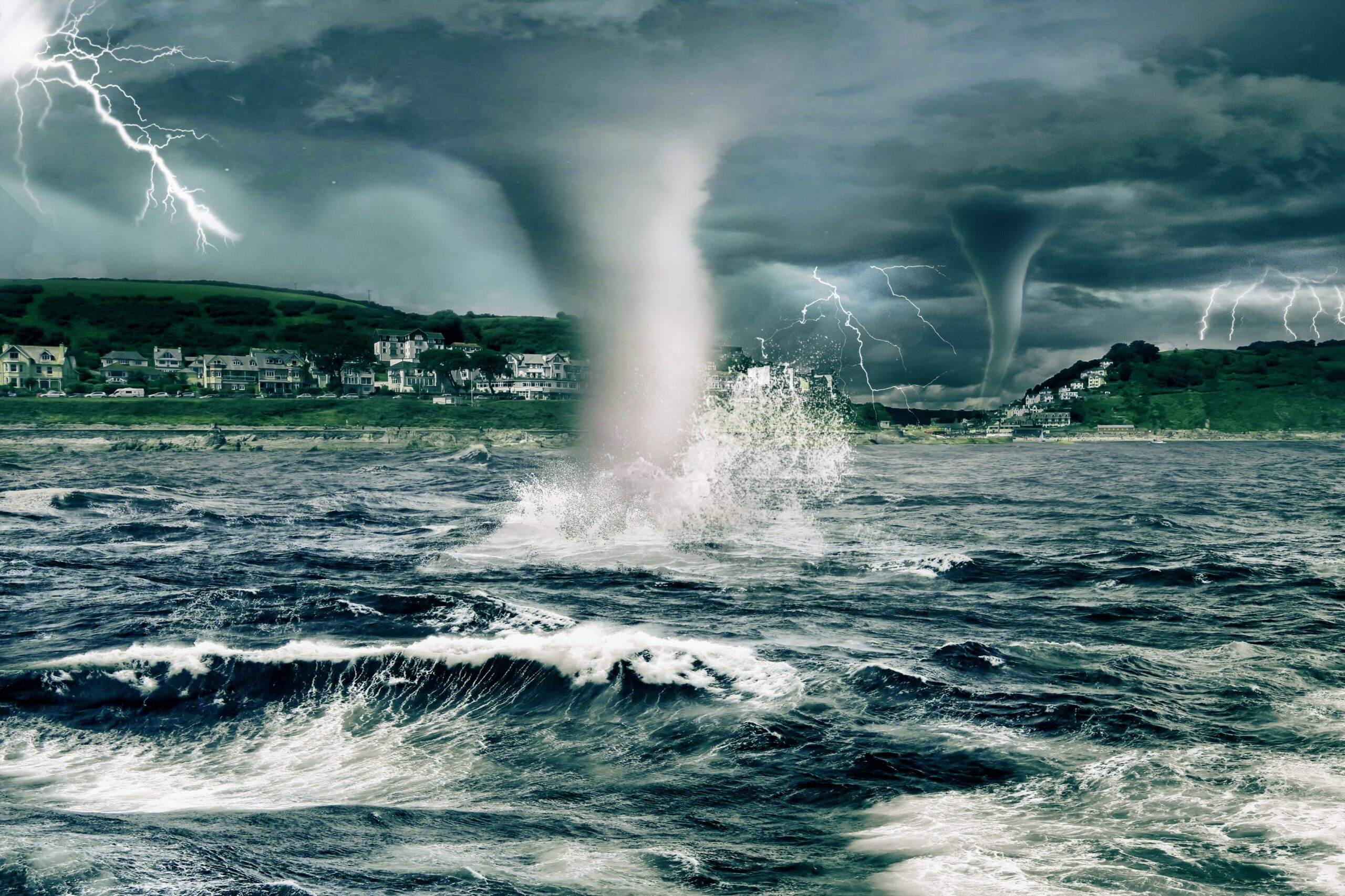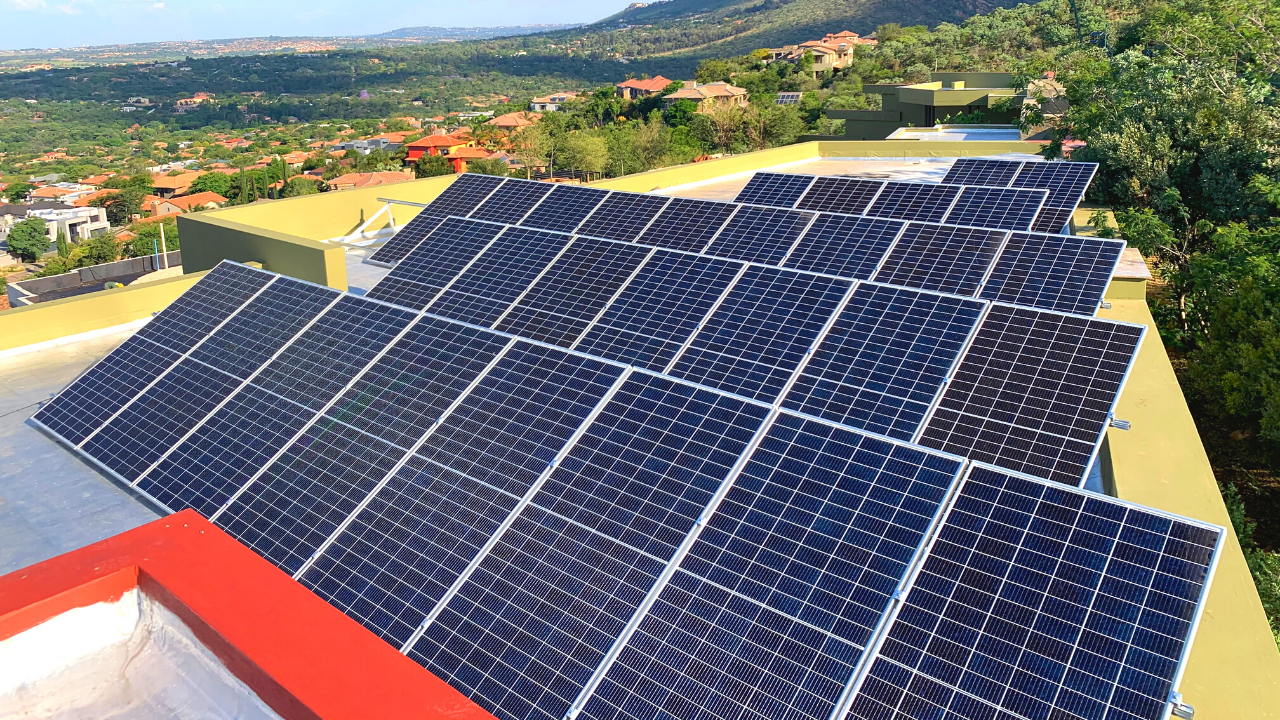Your cart is empty
Shop our productsClimate change is a significant threat facing our planet today. It is causing more frequent and severe weather events, rising sea levels, and increasing temperatures.
One of the many side effects of climate change is the increased risk of blackouts.
This article will explore the link between blackouts and climate change in more detail and discuss ways to address this issue.
Extreme Weather Events

Extreme weather events such as heat waves, hurricanes, and severe storms are becoming more frequent and intense due to climate change.
These events can cause power outages by damaging power lines, knocking down poles, or disrupting power generation facilities.
For example, during Hurricane Sandy in 2012, millions of people lost power due to flooding and high winds.
Similarly, in 2021, severe winter storms in Texas caused power outages, leaving millions without electricity.
Increased Demand for Electricity
As temperatures continue rising, the electricity demand for cooling also increases.
This can lead to overloading of the power grid, which can cause blackouts.
In addition, the increased use of air conditioning and fans can lead to a greater demand for electricity, further exacerbating the problem.
Aging Infrastructure
The infrastructure that powers our homes and businesses often ages and needs repair. This can make it more vulnerable to extreme weather events and other disruptions.
For example, power lines that need to be adequately maintained can be more susceptible to damage from high winds or falling trees. This can lead to more frequent and prolonged blackouts.
Backup Power Sources
Many people turn to backup power sources such as generators during a blackout. While these can be helpful in the short term, they can also contribute to climate change.
Generators and other backup power sources often run on fossil fuels such as gasoline or diesel, which emit greenhouse gases. These emissions contribute to air pollution and can worsen respiratory problems in affected areas.
One way to counter these effects is by investing in home backup systems powered by solar energy.
Health and Safety Risks
Blackouts can also have severe health and safety risks. For example, during a power outage, hospitals may be unable to function correctly, putting patients at risk.
In addition, people relying on electricity for medical devices may be placed in danger.
Furthermore, people may be at risk of heat stroke or other heat-related illnesses during extreme weather events due to the lack of air conditioning.
How Can We Solve These Issues?

To address the link between blackouts and climate change, we must proactively reduce our reliance on fossil fuels and invest in clean energy sources.
This can include investing in renewable energy sources such as wind, solar, and hydropower, which are clean, renewable, and can help to reduce greenhouse gas emissions.
In addition, investing in energy efficiency measures can help reduce the demand for energy and make our infrastructure more resilient to extreme weather events.
Improving the resilience of our infrastructure can also help to prevent blackouts.
This can include burying power lines to protect them from extreme weather events or investing in backup power sources such as batteries.
Additionally, investing in smart grid technology can prevent power outages by detecting potential problems and allowing for quick repairs.
Increasing awareness and education about the link between blackouts and climate change is also essential.
By understanding all the risks associated with climate change and blackouts, we should take proactive measures to mitigate them.
In doing this, we can help to reduce the impact of power outages on our communities and the environment.
Final Thoughts
The link between blackouts and climate change is becoming increasingly apparent.
Extreme weather events, increased demand for electricity, and aging infrastructure are all contributing factors to the risk of blackouts.
The consequences of blackouts can be severe, including health and safety risks, economic losses, and environmental impacts.
We must take bold steps now to mitigate the risks and ensure a stable and secure energy supply for future generations.
However, by investing in renewable energy sources, improving the resilience of our infrastructure, and increasing awareness about the risks of blackouts and climate change, we can work closer toward a more eco-friendly and resilient future.
Shop products from this article
You May Also Like

What Does a 30% Federal Solar Tax Credit Mean and How to Apply?
Governments around the world are offering programs that encourage homeowners to switch to solar energy. Among the most notable programs is the 30% Federal Solar Tax Credit. It reduces your...

Deadly Flooding Devastates U.S. South and Midwest — What You Need to Know
































































































































































































































































